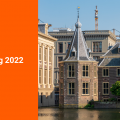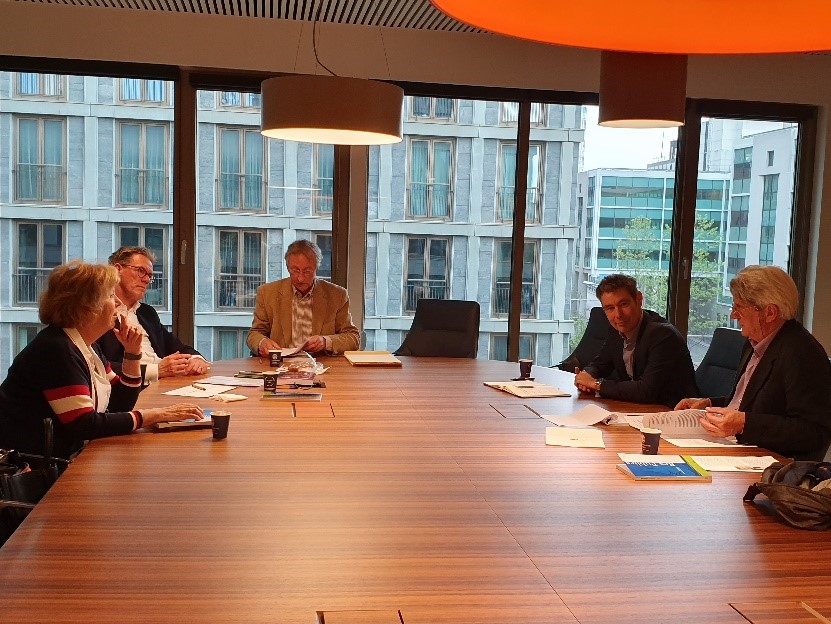
The public affairs playing field is becoming increasingly busy
The need for public affairs grows. Due to the greater diversity of players. Due to the rise of citizen lobbies and others who challenge the established order. The playing fields have become fuller, more mobile and more open. Anyone can put issues on the agenda.
This dynamic environment places increasing demands on public affairs professionals. It must continue to invest in order to monitor developments and their effects. In our book Public affairs in a social perspective we outline the developments that have boosted the public affairs profession and the consequences for the people active in the profession.
The growth of the public affairs profession
Anyone dealing with public affairs sees that the profession is developing. From the job applicant in the Republic of the Netherlands in the seventeenth century to the members of the Professional Association for Public Affairs today. In the 1990s, public affairs began to emerge as a sector. The number of lobbyists grew in the business community, at NGOs, trade organizations and in municipalities and provinces. Internationalization and Europeanization continue.
Through the so-called Desert Act, the first Kok cabinet in 1997 put an end to the vast majority of the then 108 advisory councils of the central government. Dozens of companies, trade associations and government-affiliated organizations lost their regular consultation and influencing platform. The old public law business organizations (PBO) with business and product boards also largely disappeared. New players entered the playing field with new forms of consultation between government, companies and social organizations.
Exercising influence yourself
In addition to full-time lobbyists affiliated with an organization, a company or a public affairs agency, other players came along lobbying: former politicians, municipal and provincial administrators, municipal and provincial officials, scientists, lawyers, administrators and employees of trade organizations. With the help of the internet, many more organizations and citizens made their voices heard. They found each other through social media, joined forces and then found their way into politics to influence decision-making themselves.
The diversity of lobbying actors has increased, but the diversity of places where lobbying takes place is also increasing. Public opinion is an arena, but formalized associations of established organizations also participate: Brainport Eindhoven, Food Valley, the Tables for the elaboration of the climate agreement, the Schiphol Environmental Council.
The media as a megaphone
Politicians compete with each other for voters' attention with the topics they receive from the media. Politicians like to take care of the themes that professional journalists and amateur journalists present to them. After all, they exist thanks to the media. Their re-election depends on their visibility.
Established persons or organizations must be prepared for negative reporting that damages their own reputation. But the increased influence of the media also offers opportunities for organizations and their public affairs professionals. Opportunities to raise public or political issues yourself set agenda and to use the media as a megaphone for your position.





